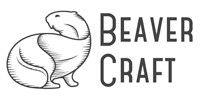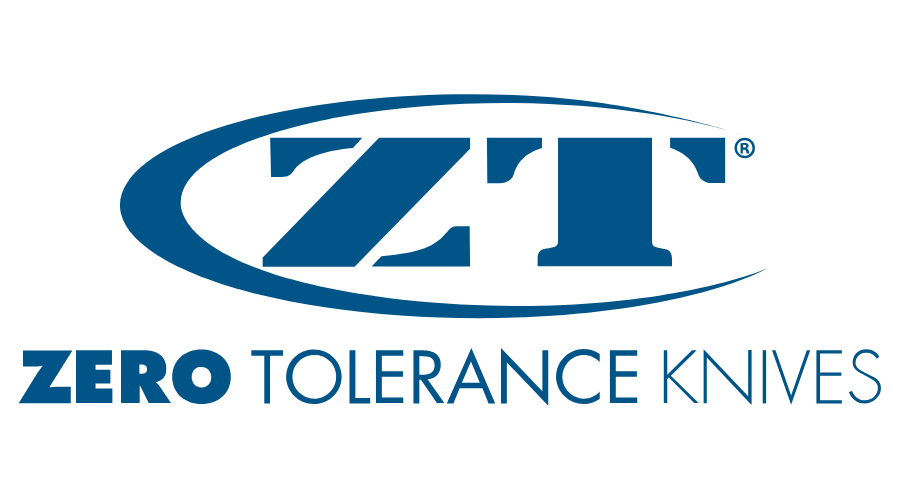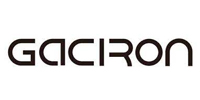RISAM
Why is a knife sharpener important?
A knife sharpener is important for several reasons:
-
Enhanced Safety: A sharp knife is safer to use compared to a dull one. A sharp blade reduces the risk of slipping and ensures better control while cutting, reducing the chances of accidents.
-
Improved Efficiency: A sharp knife cuts through food more easily and smoothly. This makes food preparation quicker and more efficient, allowing for precise cuts and better presentation.
-
Retention of Nutrients: Sharp knives help retain the nutritional value of food. When slicing or chopping with a sharp knife, there is minimal crushing and damage to the cells, resulting in less nutrient loss.
-
Longevity of Food: Using a sharp knife helps maintain the integrity of fruits, vegetables, and other delicate foods. Clean cuts reduce oxidation and preserve freshness, keeping food items from wilting or spoiling quickly.
-
Precision and Versatility: With a sharp knife, you have better control over your cuts, allowing for more precise and intricate knife skills. It enables you to perform various techniques like julienning, chiffonade, and fine mincing with ease.
Why should I keep my knife sharpened?
Keeping a knife sharpened is beneficial for several reasons:
-
Improved Cutting Performance: Over time, knives tend to become dull with regular use. By having a knife sharpener, you can restore the sharpness of your blades, ensuring optimal cutting performance. A sharp knife makes food preparation easier and more efficient.
-
Extended Lifespan of Knives: When knives are dull, they require more force to cut through food, which can cause strain on the blade and handle. Regularly sharpening your knives helps maintain their edge, reducing the need for excessive force and prolonging their lifespan.
-
Cost Savings: Instead of replacing your dull knives with new ones, investing in a knife sharpener allows you to revive and maintain the sharpness of your existing knives. This saves you money in the long run by avoiding the need to purchase new knives frequently.
-
Safety: Dull knives can be dangerous as they require more pressure to cut, increasing the risk of slips and accidents. A sharp knife provides better control, reducing the chances of injuries during food preparation.
-
Versatility: A knife sharpener allows you to sharpen various types of blades, including kitchen knives, hunting knives, scissors, and more. This versatility ensures that you can keep all of your cutting tools in optimal condition.
-
Convenient and Time-saving: Having a knife sharpener readily available in your kitchen means you can quickly sharpen your knives whenever needed. It saves you time compared to taking your knives to a professional for sharpening or using alternative methods that may be less effective.
What is the difference between a whetstone and diamond stone knife sharpener?
The main difference between a whetstone and a diamond stone knife sharpener lies in the materials used and their cutting properties:
Whetstone:
A whetstone, also known as a sharpening stone, is typically made from natural or synthetic abrasive materials like novaculite, aluminum oxide, or silicon carbide. Whetstones are available in different grit levels, ranging from coarse to fine. They require water or oil as a lubricant during the sharpening process.
Advantages of whetstones:
Whetstones provide a traditional sharpening experience and are known for producing a keen edge on knives. They allow for precise control over the sharpening angle and can be used for various types of blades.
Disadvantages of whetstones:
Whetstones require some skill and practice to achieve consistent results. They may take longer to sharpen a blade compared to other types of sharpeners.
Diamond Stone:
A diamond stone knife sharpener has a sharpening surface coated with industrial-grade diamonds. These stones are known for their hardness and durability, making them effective at quickly removing material from the blade.
Advantages of diamond stones:
Diamond stones are fast-cutting and do not require any additional lubricants. They are ideal for sharpening stainless steel blades and are less prone to clogging compared to other sharpening stones.
Disadvantages of diamond stones:
Diamond stones may not provide as refined or polished an edge as whetstones. The finer grit options may not be as readily available, limiting their versatility for achieving extremely sharp edges.



















